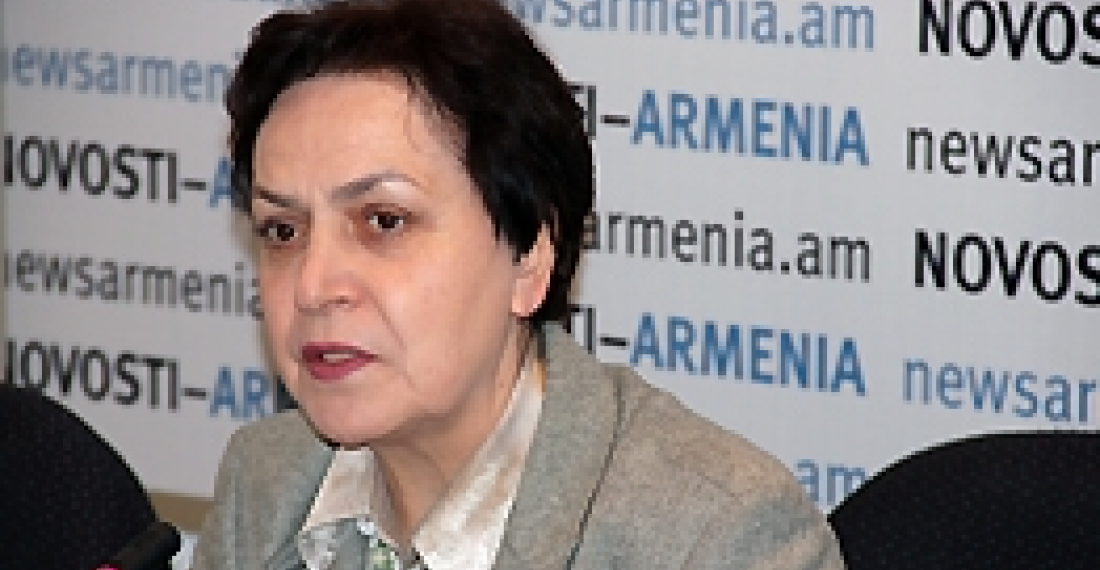Having allowed Azerbaijan to become active in Khojalu problem, Armenia has taken no action in the Sumgait one, deputy of the parliament from the Heritage faction, Larisa Alaverdyan, told ArmInfo correspondent.
"Armenia was idle in the matter of recognition and condemnation of the Sumgait tragedy by the world community. And only 2-2,5 years ago the steps were taken towards recognition of the Sumgait events like a genocide which was continuation of the anti-Armenian policy of Turkey. Meanwhile, Azerbaijan held a rather convincing campaign thanks to which it has managed to assure several countries that in Khojalu Armenians made a genocide and this is a historical truth", - she said and added that the state has been conducting a wrong policy regarding the relatives of the victims of the Sumgait genocide.
Alaverdyan said that finally Armenia has managed to create the machinery to resist false policy of Azerbaijan but the Sumgait problem still remains open. "It is already for three years I have been fighting for recognition of this genocide by our parliament...I hope that the Sumgait genocide will be finally recognized not only by us but also by many other countries, as actually it is a true tragic event", - she said.
24 years ago, on 27-29 Feb 1988, the events that happened in the industrial town of Sumgait (at 25 km from Baku), part of the Soviet Union at that time, led to the death of hundreds of peaceful and innocent Armenians. Today, many people in the world qualify those horrible events as genocide, and many people, for instance, in Baku think that Armenians were killing themselves. However, like in many other cases, the truth is one and it is not subject to interpretation. In the case of Sumgait, it is reflected by the murders of hundreds of people, and the murders became possible due to some people's big hunger for power amid the unjustified weakness and indifference of the people who had the power at that time.
The Sumgait massacre of Armenians was committed in response to the Karabakh people's legitimate expression of will for reunification with the Armenian SSR. The mass pogroms of Armenians in Sumgait were accompanied by mass violence against the Armenian population, robberies, murders, rapes, arsons and destruction of property. Actually, the Sumgait massacre led to aggravation of the first conflict between the nations of the Transcaucasus and caused the first flows of Armenian refugees from Sumgait to Stepanakert and Armenia. According to official data, 26 Armenians were killed and more than 100 were wounded, though experts estimated that the death toll was about 200. All this medieval vandalism took place amid full paralyzation of the local authorities in Sumgait and Baku and the central authorities in Moscow.







